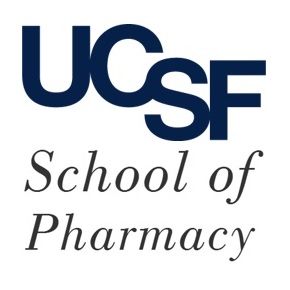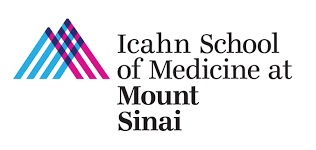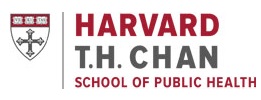Submitted by ja607 on
| Title | Error-prone bypass of DNA lesions during lagging-strand replication is a common source of germline and cancer mutations. |
| Publication Type | Journal Article |
| Year of Publication | 2019 |
| Authors | Seplyarskiy, VB, Akkuratov, EE, Akkuratova, N, Andrianova, MA, Nikolaev, SI, Bazykin, GA, Adameyko, I, Sunyaev, SR |
| Journal | Nat Genet |
| Volume | 51 |
| Issue | 1 |
| Pagination | 36-41 |
| Date Published | 2019 Jan |
| ISSN | 1546-1718 |
| Keywords | Cells, Cultured, DNA, DNA Damage, DNA Repair, DNA Replication, Germ-Line Mutation, Humans, Mutagenesis, Neoplasms, Polymorphism, Single Nucleotide, Transcription, Genetic |
| Abstract | Studies in experimental systems have identified a multitude of mutational mechanisms including DNA replication infidelity and DNA damage followed by inefficient repair or replicative bypass. However, the relative contributions of these mechanisms to human germline mutation remain unknown. Here, we show that error-prone damage bypass on the lagging strand plays a major role in human mutagenesis. Transcription-coupled DNA repair removes lesions on the transcribed strand; lesions on the non-transcribed strand are preferentially converted into mutations. In human polymorphism we detect a striking similarity between mutation types predominant on the non-transcribed strand and on the strand lagging during replication. Moreover, damage-induced mutations in cancers accumulate asymmetrically with respect to the direction of replication, suggesting that DNA lesions are resolved asymmetrically. We experimentally demonstrate that replication delay greatly attenuates the mutagenic effect of ultraviolet irradiation, confirming that replication converts DNA damage into mutations. We estimate that at least 10% of human mutations arise due to DNA damage. |
| DOI | 10.1038/s41588-018-0285-7 |
| Alternate Journal | Nat Genet |
| PubMed ID | 30510240 |
| PubMed Central ID | PMC6317876 |
| Grant List | R01 MH101244 / MH / NIMH NIH HHS / United States R35 GM127131 / GM / NIGMS NIH HHS / United States U01 HG009088 / HG / NHGRI NIH HHS / United States |





